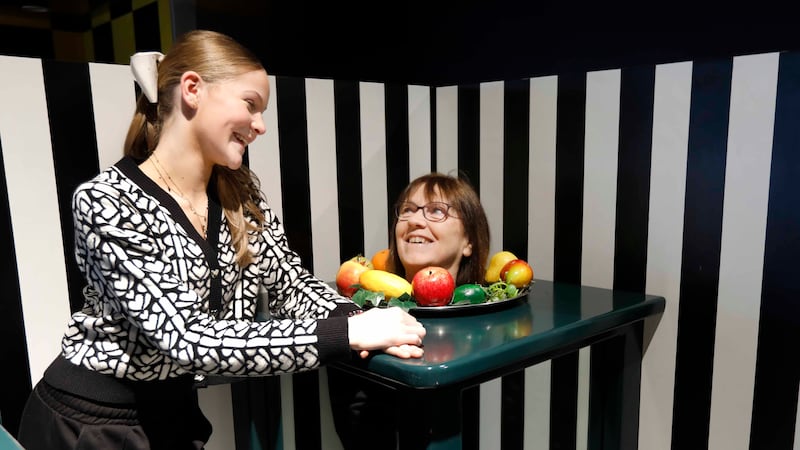Fee-paying schools give students the edge in physics and chemistry while girls’ schools and DEIS schools lag behind, analysis of the Leaving Cert subject choices of more than 6,000 Irish children shows.
It found that all private schools offered physics and chemistry as part of their suite of science subjects, unlike girls’ and DEIS schools (schools in disadvantaged areas) where the offering was more often limited to biology.
The authors of the Who Chooses Science? study warn the situation is “reinforcing social and gender inequalities in science participation”.
Other factors that influenced students to study science included having parents with a third-level education or a parent working in a science-related role.
RM Block
A key influence on students of all backgrounds, however, was having a good early experience of maths.
“What really surprised us was how the experience of maths at primary level had a longstanding impact on access to later subjects,” said Dr Emer Smyth of the Economic and Social Research Institute (ESRI).
“That’s really concerning because other work we’ve done shows that there’s a widening gender gap in attitudes to maths at primary level.”

[ AI: Are we empowering students - or outsourcing the skills we aim to cultivate?Opens in new window ]
Girls are more likely to dislike or fear maths and related science subjects, forming firm views as young as nine years old.
“The challenge is that a lot of the initiatives aimed at steering young people towards science come in senior cycle but they’ve often formed a mindset that can be hard to change at that stage,” Dr Smyth said.
She said those mindsets were reinforced in schools that did not, or could not for practical reasons, offer the full range of science subjects.
“There can be a legacy issue where a school has always provided certain subjects or where only a few students want to do chemistry and it’s not feasible to offer it,” she said.
“But we’re definitely finding too that the view of students, of their gender, of their ability and background becomes baked into school provision so because maths and science are often considered difficult, that can be reflected in what schools offer.”
Dr Smyth carried out the analysis with associate professor Carmel Hannan of the Department of Sociology at University of Limerick using data from 6,036 children who took part in the Growing Up In Ireland project from age nine to 17.
Dr Smyth said the findings were relevant given that national policy aims to encourage more young people into science studies and careers, and because young people deserve a wide choice of future career pathways.
“The primary curriculum is being revised so it’s a good time to look at how we make maths more engaging and inclusive for young children so that they don’t get channelled away from science at an early stage.”
[ ‘We are considering encouraging our son to skip transition year’Opens in new window ]




















